Courageous Trauma Healing
What if our love stories are not about lovers but are the tales of how we found ourselves?
— L.E. Bowman
What is Trauma, Anyway...?
Although there are several different types of trauma, they all originate from the system’s inability to cope with overwhelming distress and the adverse consequences that arise from the experience. People are often more familiar with shock trauma (or PTSD), which can be a result of experiencing horrific one-time events.
Complex trauma is more pervasive and harder to recognize, but potentially even more devastating. It is also known as attachment, relational, developmental, or intergenerational trauma, or complex-PTSD (C-PTSD).
Complex trauma refers to the cumulative effects of relational hurts that happen day after day in a child’s life that go unacknowledged and un-repaired. It involves experiences that make a child feel unsafe, unloved, or overwhelmed for a long time.
These repeated and severe challenges can have a lasting impact on a child’s thoughts, feelings, and ability to cope with life's difficulties. As they grow into adults there is a direct connection to the lasting effects on an individual’s health, well-being, and life opportunities.
The good news is that there are ways to heal — it’s called post-traumatic growth.
As a result of trauma, children shut down parts of themselves as a protective reflex.
What helps protect a person as a child, however, can significantly restrict their ability to live life fully as an adult.
These restrictions appear in the form of unproductive patterns and behaviors that can leave a person to feeling stuck or broken.
The approach designed specifically to treat complex trauma and support post-traumatic growth is the NeuroAffective Relational Model (NARM), which is a cutting-edge neuroscientifically-informed therapy.
As a certified NARM therapist working at the master level, I lean on years of in-depth trauma training to support my client’s healing.
You become what you believe.
— Oprah Winfrey
Isn't it time to stop hiding and truly start living?
When we are no longer able to change a situation, we are challenged to change ourselves.
— Victor Frankl
I can help.
As a therapist specializing in trauma, I assist clients in breaking free from harmful patterns in their lives that cause them distress. Whether it is emotional, relational, physical, or spiritual suffering, what matters most is that there are ways to ease it. It takes courage to recognize that you aren’t “fine” or to tap into a yearning for more. It takes courage to listen to yourself and discover what you truly want. I’m here to support you on that journey, as I have done for many before.
We won’t spend years analyzing your past.
Instead, we will work in the present moment to help you attune to what your mind, body, and heart are telling you today. This is done with warmth, curiosity, and at the pace that feels comfortable to you. When you no longer expend energy to hide your true self, you can experience a greater sense of freedom. You can break free from unhelpful patterns that keep you feeling stuck and have more agency in choosing the life you desire. When you no longer expend energy to hide your true self, you can feel more free. More free of unhelpful patterns that keep you stuck. More free to choose the life you want. Healing gives you greater access to peace and a deeper connection to yourself and others. Now, isn’t that a reason to lean into courageous healing?



